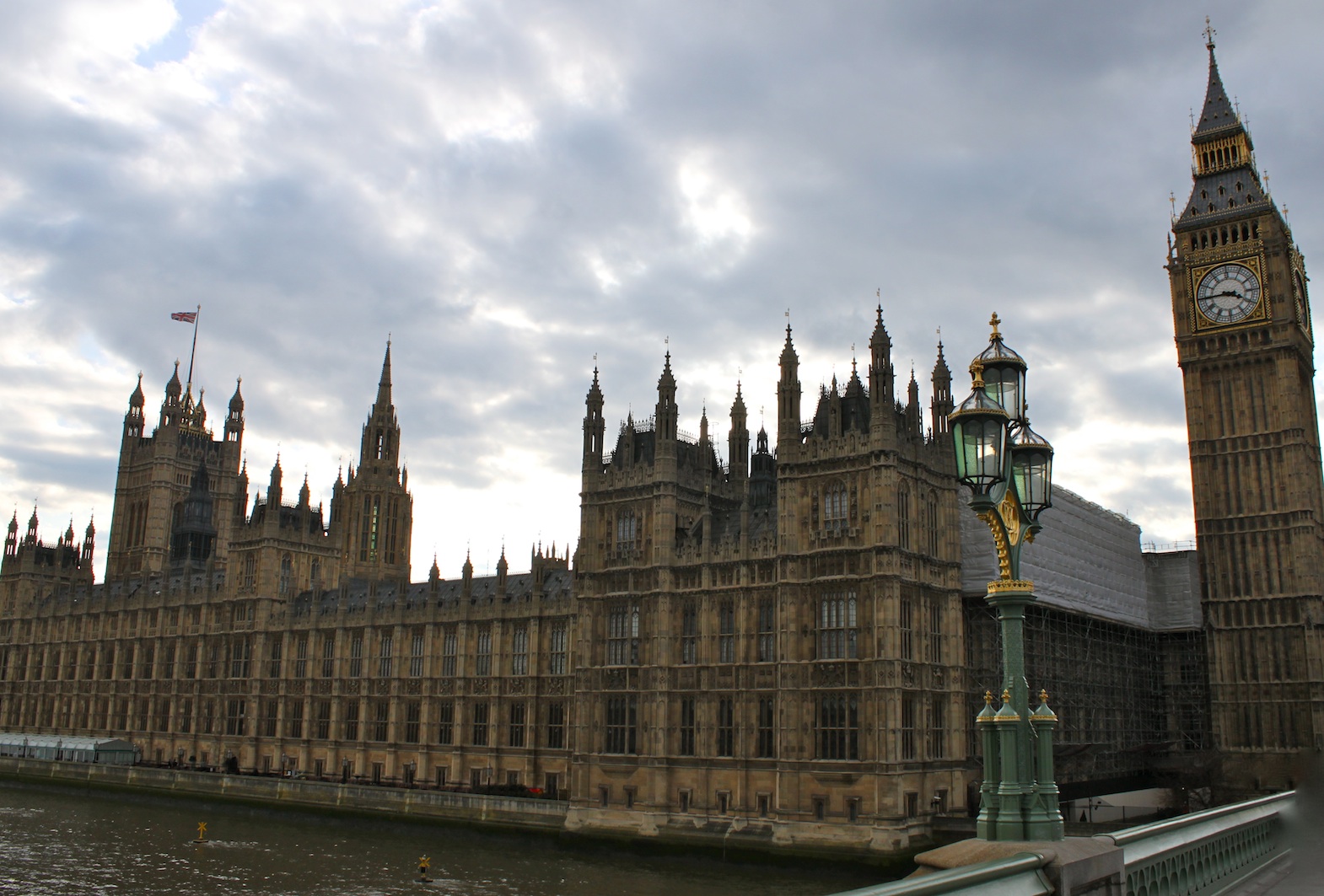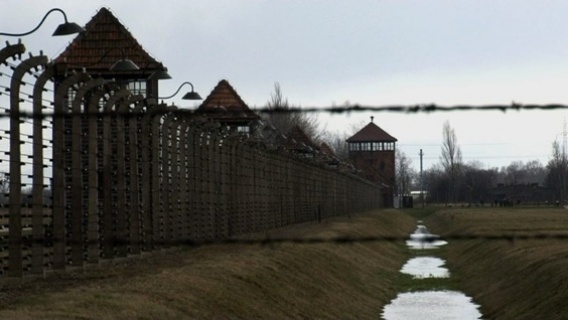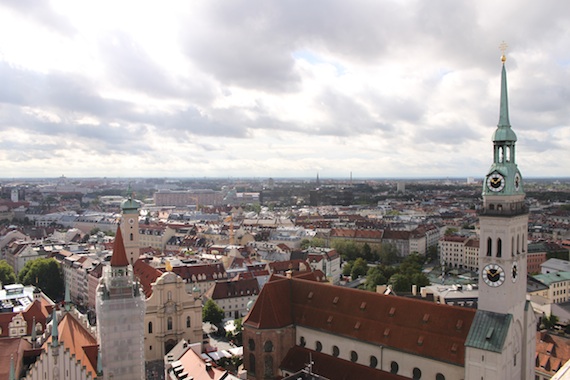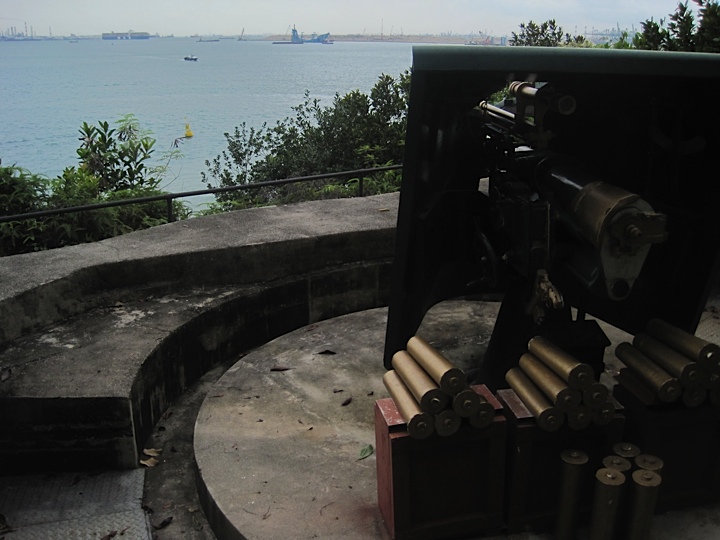
It’s not hard to understand why the British feel so proud about their role in the Second World War. The undeniable truth is that this country, led by Winston Churchill, held out against the Germans in 1940 and thus prevented the Nazi domination of Western Europe.
And, of course, by thwarting the Germans the British never had to endure Nazi occupation and so didn’t have to discover just how many people in this land would have collaborated with the enemy. It’s this, I’ve always felt, that contributes to an underlying sense in the British national consciousness – most often unspoken – that ‘we were better than they were’ (and the ‘they’ usually – again normally unsaid – means the French).
But were we? Because something that happened seventy years ago this month ought to give us pause.
In April 1942 three Jews were deported from Guernsey in the Channel Islands. The Nazi occupiers had requested that the Channel Islands authorities co-operate in the persecution of the Jews and co-operate they most certainly did. The previous year, 1941, officials in the Channel Islands had called for all Jews to come forward and be registered – something that was the beginning of their suffering. Jewish businesses were compulsorily sold and at least one Jew on Jersey, Victor Emmanuel, ended up committing suicide.
The police on Guernsey – who wore the traditional uniform of the British ‘bobby’ – ordered three Jews, Auguste Spitz, Marianne Grunfeld and Therese Steiner to report for deportation from the island on 21 April. Therese Steiner, brought before Sergeant Ernest Plevin of the Guernsey police, burst into tears and told him that she would never see him again.
She was right. Once in France all three of the women from Guernsey were caught up in further Jewish deportations and transported to Auschwitz. None of them survived the war.
Whilst the authorities on the Channel Islands didn’t know for sure what would happen to the Jews that were deported, they certainly knew how much the Nazis hated the Jews and that those Jews sent from Guernsey were almost certain to experience further suffering away from the island.
Is what happened on the Channel Islands any indicator of what might have happened here on the British mainland if the Nazis had occupied this country? Well, I’ve been on holiday to both Jersey and Guernsey with my family and can certainly say these islands appear more British than anything else…
And remember the words of a British intelligence report from August 1945: ‘When the Germans proposed to put their anti-Jewish measures into force, no protest whatever was raised by any of the Guernsey officials and they hastened to give the Germans every assistance.’
 Twitter
Twitter














